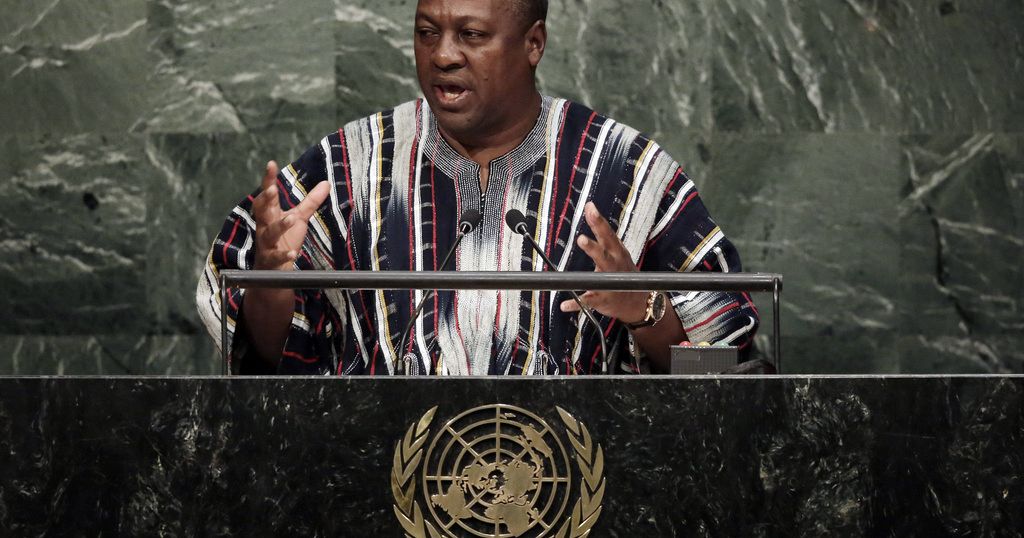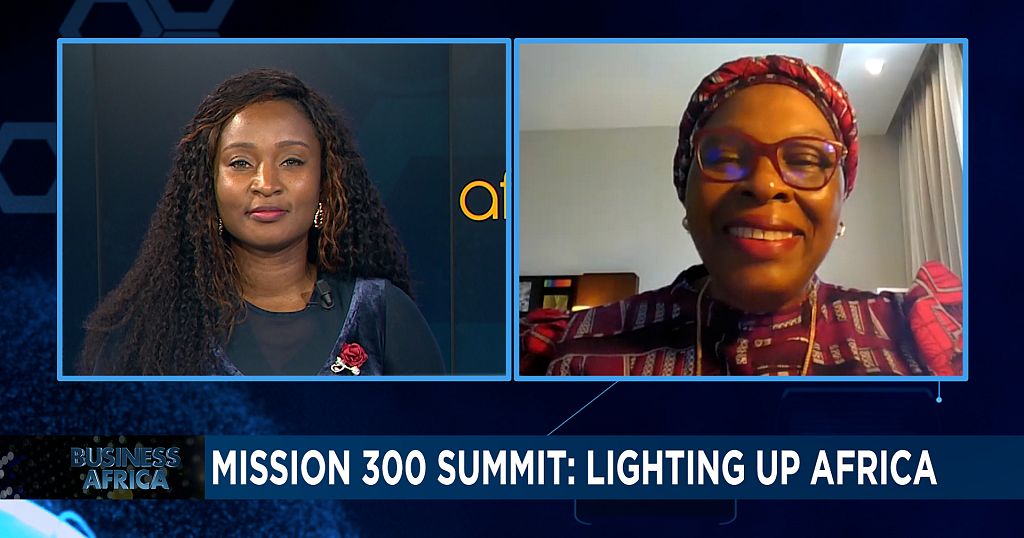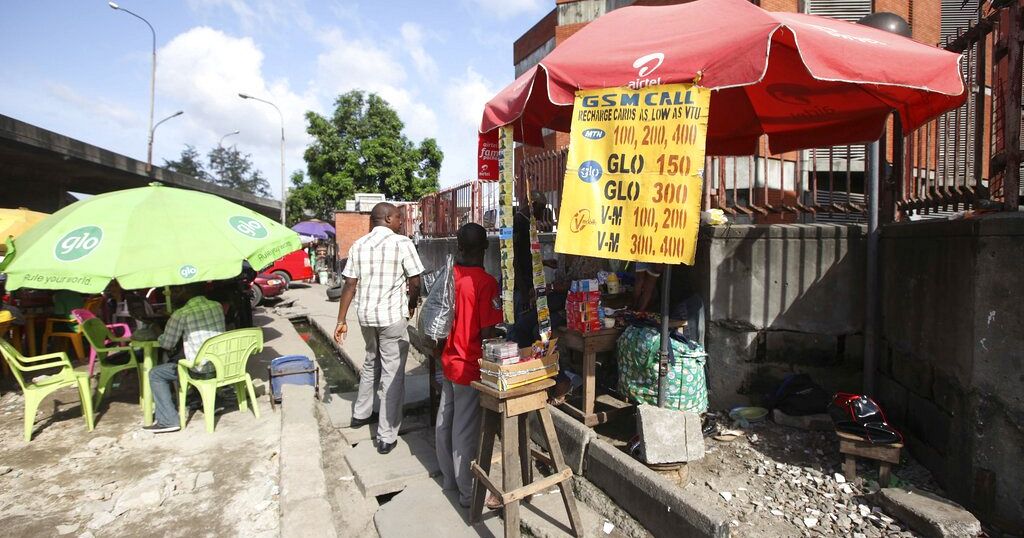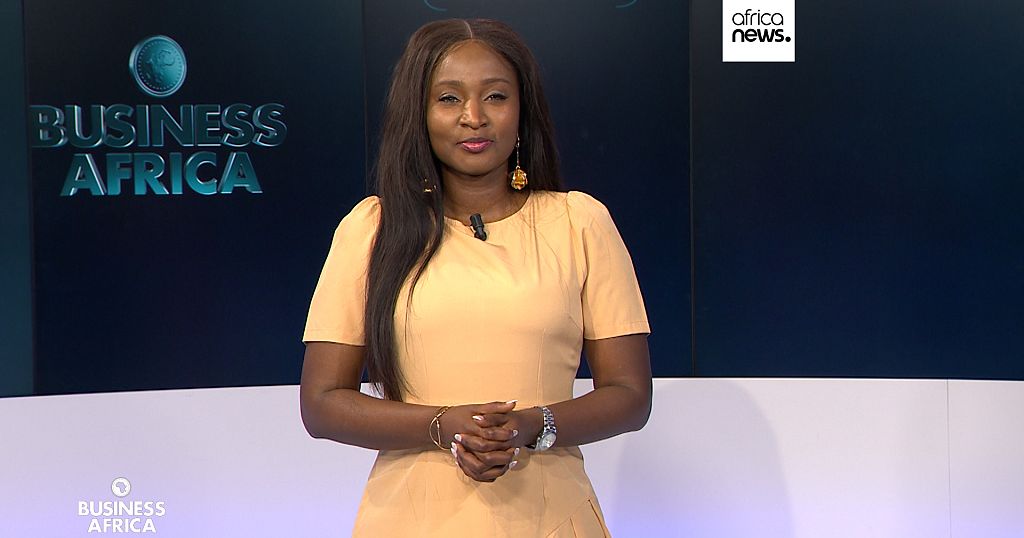Joe Biden has been elected as 46th president of the United States, even as Donald Trump continues to angrily contest the validity of the poll.
The 77-year old’s projected victory in his home state of Pennsylvania allowed the Democrat to pass the 270 electoral college votes required for victory. Kamala Harris, his running mate, will be the first woman of colour as vice-president in American history.
Biden’s victory may be a relief for African leaders after four years of Trump’s norm-shattering presidency. Trump did not visit the continent during his presidency, which was marred by his intemperate comments about African countries. His administration robustly challenged Chinese influence in African states and promised to prioritise US trade and commercial ties with limited success.
In a series of tweets on Saturday, Trump continued to insist that he had won the election “by a lot”, having earlier alledged a dark conspiracy of “historic election interference from big media, big money, and big tech” without providing evidence. Trump said that he will continue with legal challenges, but a number have already been thrown out by states and conservative media that have long backed the president appear to be backing away from support for his claims.
Trump declared victory as early as Wednesday morning after securing the Republican heartlands of Texas and Florida, but Biden ate into his lead as mail-in votes were counted. Biden insisted in a speech early on Saturday morning that he is on track for victory.
“We don’t have a final declaration of victory yet but the numbers tell us a clear and convincing story. We’re going to win this race,” Biden said from the Chase Center in Wilmington, Delaware.
Africa watches
The contested poll in the world’s most powerful economy is being eagerly watched in Africa, which in recent weeks has played host to controversial polls in Tanzania and Côte d’Ivoire. Since assuming the presidency, Trump’s administration has seen the continent as a battleground in its contest with China and has repeatedly lashed out at Beijing’s political and commercial influence in African states.
In December 2018, Trump’s then national security advisor John Bolton articulated the administration’s Africa strategy, which he said would “put the interests of the American people first, at home and abroad” by boosting US trade and commercial ties on the continent, reprioritising aid, and thwarting the African ambitions of a “predatory” China.
In recent weeks, the Trump administration has frayed ties with Africa by blocking the election of Ngozi Okonjo-Iweala as the first African director-general of the World Trade Organization.
David Thomas






![The Okwelians: Unlocking New Economic Paths for Cameroon [Business Africa]](https://static.euronews.com/articles/stories/09/12/73/92/1024x538_cmsv2_85da6520-a13b-50c2-b20b-6172b1388b3a-9127392.jpg)

